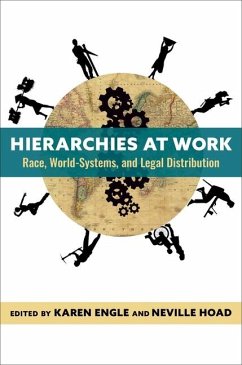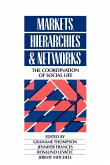"This book makes an important, influential, and timely contribution to the study of global inequality in the context of labor markets, framed as "the future of work," a framing that prioritizes a western bias toward waged work and full employment, neglects the contribution of nonwaged work to wealth creation, and fails to consider the historical and ongoing ways in which global patterns of accumulation are built on (neo)colonial, racialized, and gendered forms of labor devaluation and resource extraction. The editors construct a new hybrid methodology that combines the approaches of racial capitalism, world-systems theory, and distributional analysis and bring that methodology to bear on a wide range of contemporary and historical examples of inequitable work relations from around the globe. This approach enables sociologists, political theorists, and economists to understand and challenge structures and longstanding patterns that create and sustain pernicious asymmetries of wealth and power within as well as among countries, especially in the landscapes of livelihood. Grounding these phenomena in lived experiences, It suggests both theoretically and empirically that solutions to economic inequality must move far beyond "the future of work.""--
Hinweis: Dieser Artikel kann nur an eine deutsche Lieferadresse ausgeliefert werden.
Hinweis: Dieser Artikel kann nur an eine deutsche Lieferadresse ausgeliefert werden.








